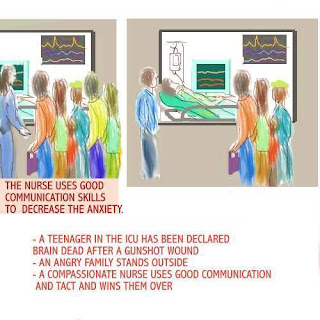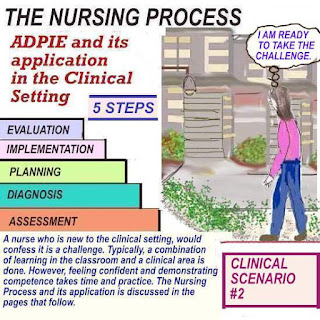ADDRESSING HELPFUL TOPICS FOR THE CLINICAL NURSE
Dear nurses,
As a nurse we must strive to do the best
job we can. The clinical setting is sometimes
challenging, but that does not mean we cannot
perfect our learning skills.
Enjoy learning!
In the image above, Mr. R is admitted to the hospital
with a history of congestive heart failure. His doctor
has ordered a fluid restriction of 500 cc/day,
Learn more about: Fluid restriction in the heart patient.
Learn more about : The importance of Therapy
Please watch the video to learn more about : Bowel obstruction
Helpful suggestion:
be included in the plan of care. The nurse is
responsible for initiating and updating the
care plan.











%20(1)%20(2)%20(1).jpg)















